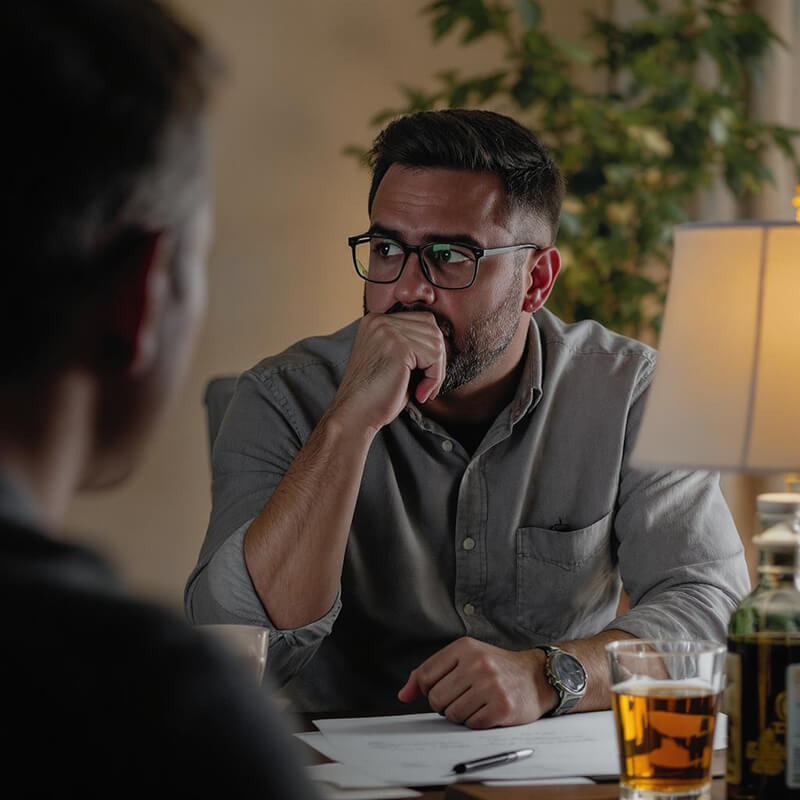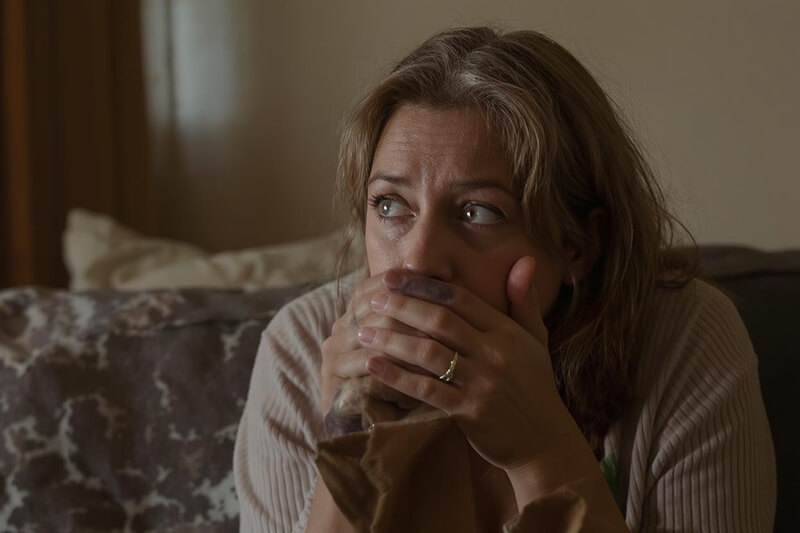When you drink more than you intended or are comfortable with, you may find yourself struggling with feelings of guilt and shame. Perhaps you said or did something you don’t feel good about while you were intoxicated. Or maybe you blacked out and don’t recall what happened. Perhaps drinking too much doesn’t align with the kind of behavior you expect from yourself.
Understanding Guilt and Shame
Although sometimes people use the words guilt and shame interchangeably, they are not the same. Guilt is associated with doing a “bad” thing, and shame refers to being a “bad” person.” To feel shame is to feel a sense of unworthiness. Shame is toxic. But neither guilt nor shame is a healthy or appropriate response to the behavior of consuming too much alcohol.
Some people have an unhealthy relationship with alcohol. If they have some, they tend to want to have a lot. This is not a character defect or a moral failing. It’s just how they are wired. This could be due to genetics, environment, family history, trauma history, a combination of factors, or for an unknown reason. For some people, having difficulty limiting alcohol is a medical condition.
Sometimes people have a drink because they are experiencing emotional pain or dealing with a difficult situation. It’s natural and human nature to want to try to get rid of pain. There’s no shame in wanting to do this. It often indicates that the person could benefit from healthier coping tools or a stronger support system.

Some people can’t tolerate gluten, are allergic to peanuts, or need to avoid dairy. If they consume gluten, peanuts, or dairy and have a bad reaction, they are probably not going to feel guilt or shame. But there is a stigma associated with alcohol. So those who drink in excess tend to feel guilt or shame.
Why Shame Fuels the Cycle
The problem with alcohol and shame or guilt after drinking is that it tends to fuel more excess drinking. You wake up feeling bad about yourself, and this just makes you want to continue the excess drinking.
How can you manage the shame-guilt-drink-repeat cycle? If you feel guilty after drinking, try to determine if you feel guilty for the act of drinking a lot or for something you did or said while intoxicated. If it’s the latter, where appropriate, you can apologize or make amends with whomever you may have harmed. But if your guilt is only about the actual drinking, it can be helpful to reframe that thinking. And shame has no role in this equation. If the way you drink is not working for you, it’s worth addressing that. But not because you’re a bad person, because you are a worthy, valuable person who deserves to feel healthy.
The journaling prompts and hypnotherapy in the Unconscious Moderation app can be very useful in your process of reframing your thoughts of guilt and shame and developing emotional healing habits. And if you struggle with self-compassion, try treating yourself like you would treat a very good friend.

When you have an unkind thought about yourself, ask yourself if you would say this unkind thing to a good friend? If not, work on reframing it with self-compassion.
Breaking the shame and guilt cycle can help create lasting change in your relationship with alcohol and your relationship with yourself.



